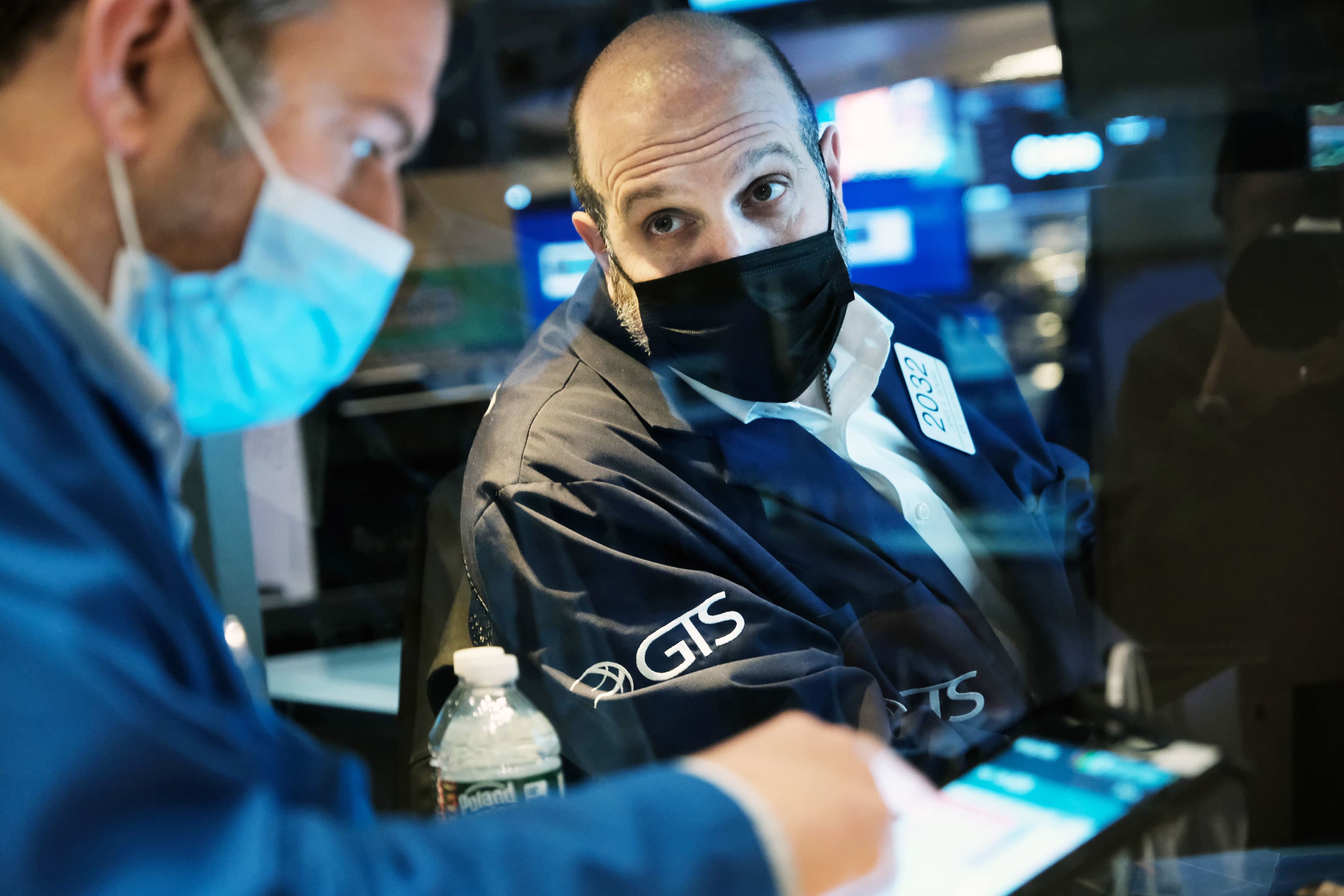“Reflation” trades are resurfacing.
Travel and leisure stocks have picked up steam this month, with exchange-traded funds such as Invesco’s Dynamic Leisure and Entertainment ETF (PEJ), the U.S. Global Jets ETF (JETS) and AdvisorShares’ Hotel ETF (BEDZ) all moving sharply higher.
The action is as much tied to diversification as it is to soon-to-come warm weather and easing Covid-19 restrictions, ETF Trends CEO Tom Lydon told CNBC’s “ETF Edge” this week.
“We’re seeing rising interest rates and the threat of rising interest rates here in the U.S., but overseas, not all developed countries are suffering from that threat,” Lydon said in the Monday interview.
“People are diversifying to areas like emerging markets, where it’s not only an opportunity to get a better yield and you’re also not going to be threatened by central banks necessarily being as hawkish here in the U.S.,” he said.
Another way to diversify is to invest in inflation hedges such as the AXS Astoria Inflation Sensitive ETF (PPI), Astoria Portfolio Advisors’ founder and CEO John Davi said in the same interview.
“Typically after a recession you get this wave higher in value, cyclicals, inflation-sensitive stocks, so about a year and a half ago we put together a formal inflation-sensitive model portfolio,” said Davi, who is also his firm’s chief investment officer and PPI’s portfolio manager.
The ETF owns mainly bank, energy, industrial and material stocks, historically the four best-performing sectors following a recession, Davi said. The ticker is a nod to the widely followed Producer Price Index, the U.S. government’s gauge for wholesale prices.
With those prices on the rise, investors and advisors should allot 5-10% of their portfolios to inflation-focused products such as Davi’s, he said.
“CPI is 7%. When I look around the world, I see inflation more like 15%, even higher when I look at costs of goods and grocery shopping and home prices,” Davi said. “If I’m a financial advisor, I would really be looking at your portfolio and say what can you do on the margin to hedge against inflation?”
PPI is up nearly 5% year to date.
